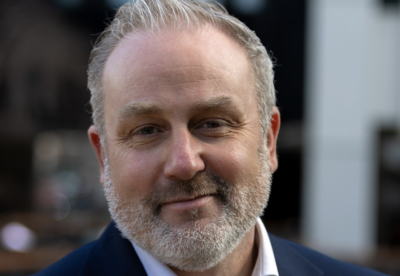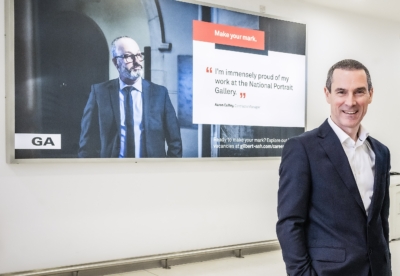The delays are highlighted in a survey by Interserve which shows that only a small minority of councils are confident they will hit average cuts targets of 20% by 2014.
The report highlights how a lack of management skills in the public sector is holding back outsourcing plans.
One chief executive of a borough council described the cuts as “unmanageable”.
More than 100 councils were quizzed as they look to increase the amount of work they outsource from 20% this year to 34% by 2014.
Interserve said the shift required a radical rethink of how councils deliver services rather than a simple increase in outsourcing.
But 27% of councils admitted workers lacked the skills to oversee reform.
A similar number of authorities warned they had a “lack of capacity” to outsource services, while almost half stated political concerns as a barrier.
Interserve chief executive Adrian Ringrose said the research showed a “reticence” among councils to make fundamental reforms which would truly benefit communities.
He said: “Councils clearly indicate that they are interested in procuring best-value solutions rather than adopting a purely cost-based approach, yet they don’t appear willing to undertake a full review of their service delivery.
“The future is going to be defined by partnerships between the public, private and third sectors working together to help redefine delivery and instigate a positive change.”
Mark Fox, Chief Executive at the Business Services Association, said: “Although we have long suspected that local officials – those who are charged with finding spending efficiencies – recognise the value of outsourcing, this research has confirmed it. It is clear now that the greatest barrier to reform that we face is political preconceptions.
“Attitudes do seem to be changing, however, perhaps based on the strong record of success the private sector has had. We want real partnerships with local communities, and we are adamant that a public service ethos is not just the preserve of the public sector.
“At a time when councils are facing deep financial challenges we can do it for less money and, very often, to a far higher standard.”











































.gif)








